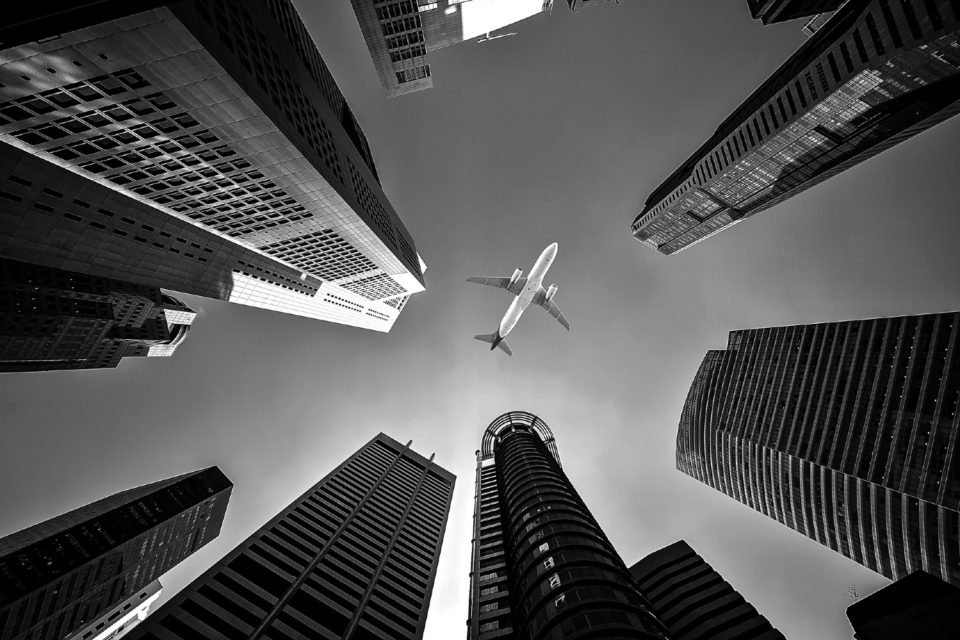The stakeholders of the Indian aviation sector are demanding that the government apart from offering short term reliefs like exemption from airport charges and slashing excise duty for a period of time should also utilize the current crisis to make structural reforms in the industry. Airlines are projected to lose around Rs 17,000 crores this fiscal year because of the coronavirus-induced lockdown.
“While we need short term help from the government, this is also an opportunity that we look at structural reforms that the sector has sought for a long time. Amongst those demands getting Aviation Turbine Fuel (ATF) under Goods & Sales Tax (GST) is a long pending request. It is important that our cost structures be aligned or even reduced compared to our international competitors,” said Ajay Singh, Chairman & Managing Director, SpiceJet.
As per industry insiders, airlines could expect an annual relief of up to Rs 5,000 crore by way of input tax credit if ATF is brought under GST. The move could cushion them from the burden of increased jet fuel prices, besides providing relief to customers.
“Looking at the current suspensions, the industry is going through a difficult time in managing cash flows. There is a need to bring ATF in the GST bracket in absence of which jet fuel rates change in every state for airlines. ATF contributes about 40% to operating cost of airlines so bringing it under GST structure would provide much-needed relief,” said Kanika Tekriwal, CEO & Founder, JetSetGo Aviation.
“We have many anomalies in infra charges at airports. For example airports charge airlines Rs. 450 crore a year to store fuel in a tank which costs only something like Rs. 25 crore to build in New Delhi. So, this is the time the government should look in these areas and reduce cost in the longer term,” shared Singh.
The SpiceJet honcho also stressed that there is a need to protect the interest of home-grown carriers in line with some of the other overseas markets.
“Today when we go to the Middle East we are clearly told that we are not welcome. And the Middle East carriers keep pushing the Indian government for more flights. The same happens in China too. So, if we want to create global airlines in India, global hubs in the country, we need to get our policies right,” added Singh.

